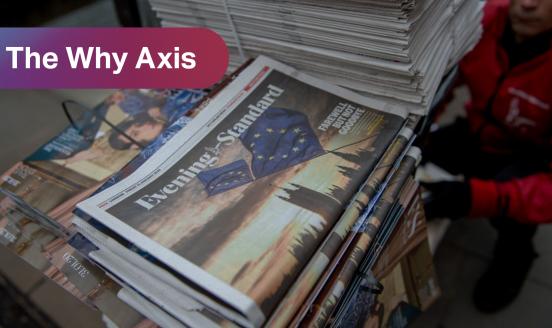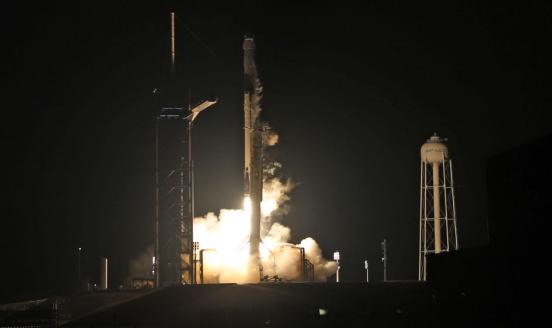World-Systems and the Rescaling Geography of Europe
This chapter offers a unique approach to the question: How can scholars write the future about global politics?
This chapter from The Palgrave Handbook of Global Politics in the 22nd Century takes on the point of view of a scholar in the 2120s, writing about a European Union that has shifted its geographical remit in the context of an extreme fragmentation of the world-economy by 2112, and of a subscription-based citizenship model, similar to the 'prime' memberships of current digital platforms. It reviews the reconfiguration of the political geography of the twenty-second century and the rise of a new kind of polity ('world-rhizomes'). This has supplanted nation-states as a new hegemonic category for understanding economy and power relations. The chapter further investigates the hypothesis that, after a half-century hiatus, so-called 'international' relations might have morphed into embryonic inter-rhizomic relations.
The chapter therefore offers a unique approach to the question: How can scholars write the future about global politics?
Written in futur antérieur style, around the 200-year anniversary of the birth of international relations (IR) as an academic discipline, contributions to The Palgrave Handbook of Global Politics in the 22nd Century engage in world-building and imagine different futures of IR. Set in a multiverse, the chapters draw on a range of possible themes and imaginaries, for instance post-pandemic conditions, the Anthropocene, and the roles and academic practices of researchers.
The book mirrors the format and style of existing handbooks, combining outlines and discussions of theories, structures, processes and core issues in IR with an academic science fiction account of how these might play out over the course of the next century. In this way, the book challenges IR and provides alternative imaginaries, rather than predicting future conditions. The book invites readers to reflect on how thinking about the future has become an increasingly radical, but more than ever necessary, act.



